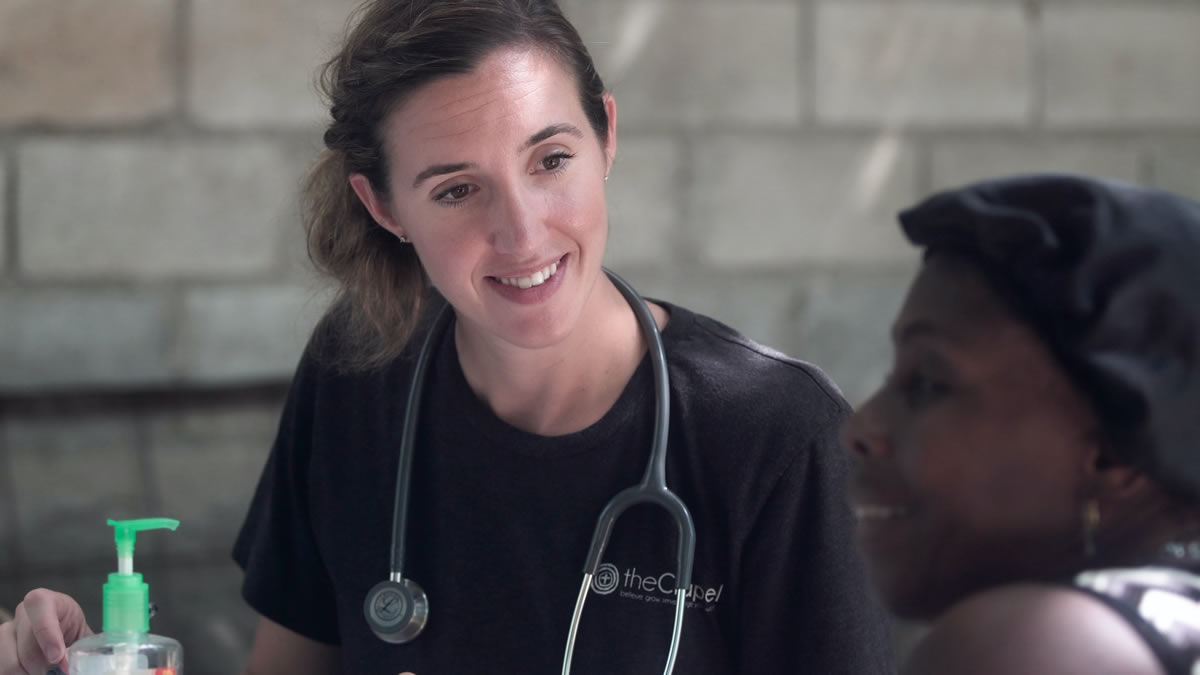Career in Health & Social Care
Health & Social Care is one of the biggest sectors of employment. A career in Health & Social Care offers long-term employment prospects, with opportunity for promotion and progression as well as job security.
Some popular jobs fall in as – nurse, care worker, health care assistant (HCA), community development officer, counsellor, health advisor, youth worker, psychologist, paramedics, occupational therapists, support workers and many others. There are over 350 different job roles in the Health and Social Care sector.
The World Health Organization 2020 Report analyses global health spending for 190 countries from 2000 to 2018 and provides insights as to the health spending trajectory from the MDG (Millennium Development Goals) era to the SDG (Sustainable Development Goals) era prior to the crisis of 2020. The report shows that global spending on health continually rose between 2000 and 2018 and reached US$ 8.3 trillion or 10% of global GDP.
Adult Social Care is one of the few sectors where jobs are increasing, offering significant numbers of long-term career opportunities in the current global job market.
Successful completion of the full Level 4/5 Health & Social Care course with or without an accredited Undergraduate Degree will act as a springboard to a professional career in Health & Social Care services.
What is health and social care?
Health and social care refer to the health care infrastructure which includes both the public and private sector. Health is perceived as a function of welfare, which depends on a number of factors including biological, environmental, nutrition and living standards.
Healthcare
Healthcare focuses on providing medical care to individuals and communities. As health care deals with the diagnosis and treatment of both physical and mental disabilities, it has always been perceived as one of society’s greatest necessities. It strives to reduce social inequality when accessing health care.
A healthcare need is related to the treatment, control or prevention of a disease, illness, injury or disability, and the care or aftercare of a person with these needs.
Social care
Social care deals with the daily activities of living which not only include deed such as feeding and basic hygiene maintenance, but also focuses on providing assistance with:
The activities of daily living,
maintaining independence,
social interaction,
enabling the individual to play a fuller part in society,
protecting them in vulnerable situations,
helping them to manage complex relationships,
and (in some circumstances) accessing a care home or other supported accommodation.
How to become a health and social care person
Complete accredited Health and Social Care Level 3, 4 and 5 Courses successfully and you have obtained the necessary qualifications for your chosen career. These are the recognized qualifications for care workers and senior care workers in health and social care. The courses are meant for those who are working and gaining experience as care persons. As for example, to take the Level 3 qualification, you must be working in a care setting already.
The Health and Social Care Level 3, 4 and 5 qualification also becomes an affirmation of your experience.
Browse through The City & Guilds Health and Social Care portfolios, which offer a comprehensive suite of qualifications from Level 1 through to Level 5. This page provides a description of the courses. Contact City & Guilds to see if the courses are available online.
Read about The City & Guilds Level 3 Diploma in Health & Social Care (Adults) for England. This page provides a full description of the courses 2 and 3. Contact City & Guilds to see if the courses are available online.
Browse through the Popular Health & Social Care Courses online offered by The Coursemix at low price.
Read about Oxbridge’s recognized online health and social care courses.
See the free online Healthcare courses available at Harvard University.
There are other 69 fee paying online Healthcare courses available at Harvard University.
